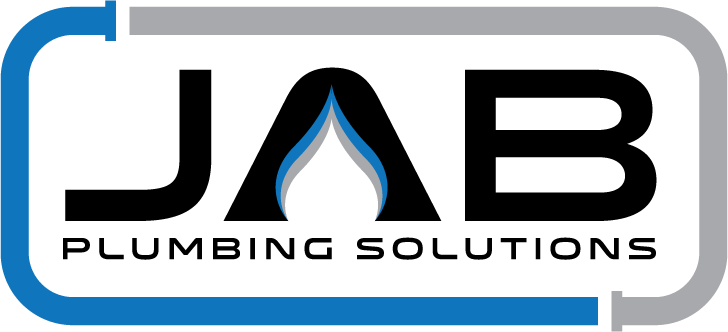- Eight things you should never flush down a toilet
- Fats, oil and grease are causing blocked drains in Sydney
Blocked drains can be confusing because they affect multiple stakeholders. Everyone from property owners to local councils have a responsibility to maintain drainage, but who is responsible for what? Is the tenant or landlord liable for a blocked toilet in a rental property? Is Sydney Water or the homeowner responsible for a sewer choke? The below outlines varying responsibilities and who foots the bill in these situations.
Who pays for blocked toilet repairs in rental properties: tenants or landlord?
According to Fair Trading NSW, landlords must ensure that the property is in a reasonable state of repair before a tenant moves in, taking into account the age of the property and the amount of rent they pay. Landlords must also maintain the rented premises throughout the duration of the lease. Tenants, on the other hand, must take reasonable action to prevent any damage or maintenance issues from occurring.
Under the law, repairs fall into two categories: urgent (emergency) repairs and those which are not so urgent (general maintenance). The NSW tenant factsheet states that urgent repairs, including blocked toilets, are the responsibility of the landlord. When urgent repairs are required, the tenant must notify the landlord as soon as possible - preferably in writing. If the landlord/agent cannot be contacted or is unwilling to do the urgent repairs, a tenant can arrange to have them done.
If the tenant pays for the urgent repairs, it’s normal practice for the landlord to reimburse them within 14 days, provided that:
- The problem was not their fault
- They made a ‘reasonable’ attempt to contact the landlord/agent
- The landlord/agent had a ‘reasonable’ chance to do the repairs
- The repairs were carried out by a repair person named in your tenancy agreement (if possible) or by a licensed or qualified tradesperson.
If the landlord can prove that the blocked drain was the tenants fault, they may not be liable. If a blocked toilet was caused, for example, by flushing tampons, wet wipes or other items that shouldn’t be flushed the landlord may argue that it was the tenants negligence that caused the blockage. Alternatively, if a blockage occurs just after new tenants move in, it would be hard to prove fault as blocked drains are most often caused by a build up of debris over time. Regardless, it is common practice for the landlord to foot the bill for a blocked toilet or drain.
Who pays for blocked sewer repairs: Sydney Water or property owners?
Water companies are legally responsible for maintenance of sewer mains, while it is the obligation of homeowner to maintain the wastewater pipes (aka sewer pipes) within their property's boundary. As a general rule, property owners must maintain any pipe that is upstream from the point of connection to Sydney Water’s sewer mains. These are referred to as ‘private wastewater pipes’.
A sewer choke is a blockage in a wastewater pipe. They occur when debris, such as tree roots, gets inside the pipe and stops it from working properly. A sewer choke that occurs in private wastewater pipes is the responsibility of the homeowner and they must pay for a licensed plumber to fix the problem. Sewer chokes that are located in public wastewater pipes are the responsibility of Sydney Water, and property owners should call 13 30 90 to report any issues immediately.
If you are unsure of where the problem lies, JAB Plumbing Solutions can use CCTV drain inspection cameras to locate the blockage and determine who’s at fault. If it turns out to be a problem for the authorities, any plumbing fees and expenses incurred by the property owner can be reimbursed by filling out Sewer choke claim form and attaching the licensed plumber's invoice.
Your local council
Local councils also play a role in the maintenance of Sydney drains. The City of Sydney, for example, can investigate complaints about private drainage that are not being resolved by the responsible party. The City has the power to issue a property owner with an order or notice under the Local Government Act 1993 to repair broken sewer or storm water drainage pipes to ensure land or premises is kept in a safe and healthy conditions. The also have the legal power to direct the property owner/occupier of a premises to immediately engage a licensed plumber to investigate and repair damaged or blocked sewer systems.
Licensed Sydney Plumber
Only a licensed plumber can carry out drainage inspections and maintenance. If you notice a sink overflowing, a persistent foul smell from drain openings, a toilet that won’t empty when flushed or toilet paper or sewage coming up on to land you should contact a plumber or your landlord immediately. If you’re having problems with multiple plumbing fixtures that are repeatedly getting blocked it may be a sign of damaged pipes or a significant blockage further down the line. Speak to our Sydney plumbers today on 1800 225 552.







